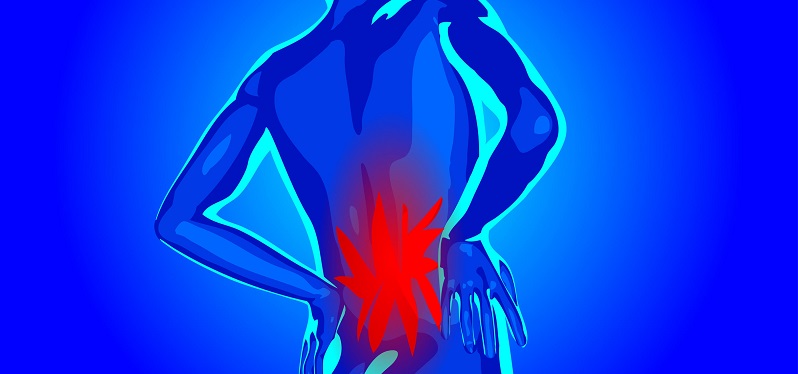Why Sciatic Nerve Pain Is Worse In The Morning
Category: Back Pain | Author: Stefano Sinicropi

Sciatic nerve compression is a common cause of back pain. As we’ve talked about on the blog in the past, your sciatic nerve is the longest nerve in your body, starting in your lower back and branching down each of your legs. Compression anywhere along the nerve can lead to localized or radiating symptoms, and for many people, their symptoms are at their worst when they wake up in the morning.
Are you someone whose sciatic nerve pain is at its worst in the morning? If so, we think you’ll find this blog helpful. Below, we take a closer look at why sciatic nerve pain is at its worst in the morning, and how you can help quell this morning discomfort.
Why Is My Sciatica Most Painful In The Morning?
For many people living with chronic aches or dull pains, morning is the time when they feel most refreshed after a restful night of sleep. However, this prolonged period of inactivity can also lead to more painful symptoms for certain conditions with your first few steps in the morning, and sciatica can be one of those conditions.
One of the main reasons why your sciatic nerve compression can be more symptomatic in the morning is because a poor sleeping position can actually be stressful on the nerve or the structures that are irritating the nerve. For example, if you sleep on an overly soft bed that doesn’t provide ample support to your spine and hips, these pressure points can bear a fair amount of stress when you’re sleeping. Even though your brain is turned off, your body is working to handle stress in these areas. Instead of waking up feeling refreshed, you wake up feeling like you’ve been wrestling with a bear all night.
Sleep can also be stressful if you end up falling asleep in an uncomfortable position. We might inherently think that if we’re comfortable enough to fall asleep, then our bodies aren’t overstressed in the position, but again that’s not always the case. If your legs are crossed or your trunk is twisted while you sleep, this can stress your body and lead to inflammation in your lower body, which can impinge your sciatic nerve.
Treating Sciatic Symptoms In The Morning
Fortunately, it doesn’t take much to treat morning sciatic nerve symptoms if you are aware of the ways that poor sleep can lead to symptoms. We touched on some of the causes above, and these causes can oftentimes be treated by making a few small adjustments, including:
- Replacing Your Mattress – If you can’t remember the last time you replaced your mattress, or it’s old and no longer providing adequate support, it’s time to replace it. Opt for a firm but supportive mattress.
- Fixing Your Sleep Position – Many people with sciatic nerve compression can help to calm morning sciatic nerve pain by sleeping on their side opposite the suspected compression. That means if your symptoms are on your left side, sleep on your right side with a small pillow tucked between your legs to help keep your hips in alignment, which can take stress off the nerve as well.
- Regular, Restful Sleep – It’s also imperative that you get consistent sleep. Sleep is a restorative time for your body and mind, so long as your body is in a healthy position and you’re getting enough quality sleep. Work towards going to bed and waking up around the same time each day, and strive to get at least 7-8 hours of sleep each night so that your body can recover from the stress of each day.
- Stretch – Finally, when you wake up in the morning, take a couple minutes to stretch your body. Stretching can help to activate certain muscle groups and take pressure off the sciatic nerve, helping to prevent symptoms from intensifying with your first few steps in the morning.
And of course, if these methods aren’t effectively helping you overcome your morning sciatica pain, consider syncing up with a specialist like Dr. Sinicropi. We can pinpoint the location of your nerve irritation and set you up with an individualized treatment plan that is right for you. For more information, or for help with a different back issue, give Dr. Sinicropi and his team a call today at (651) 430-3800.